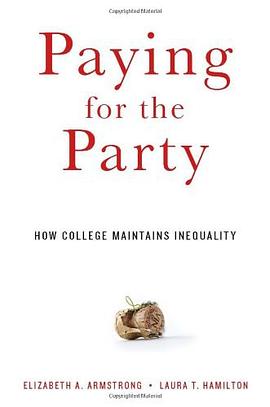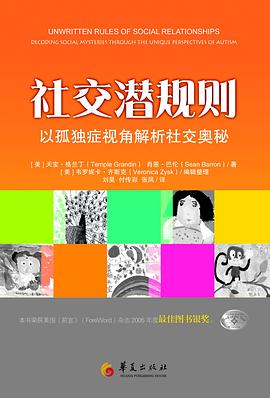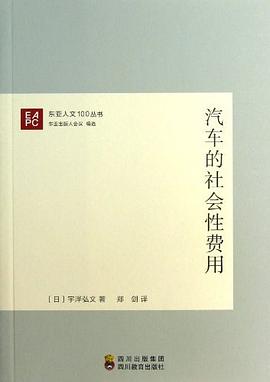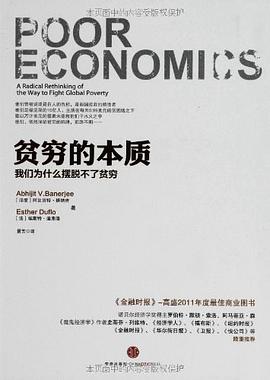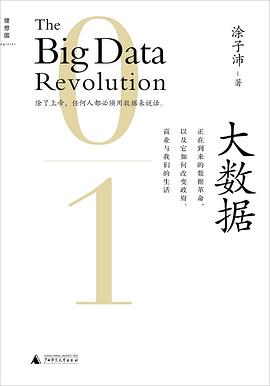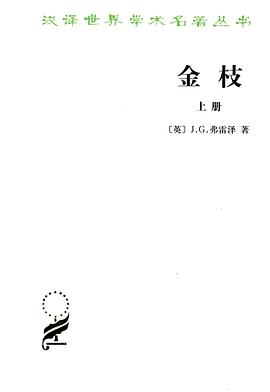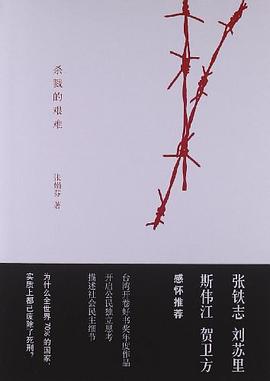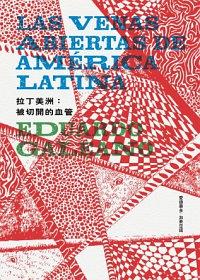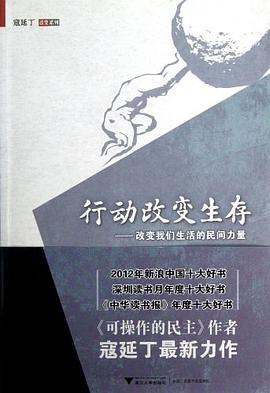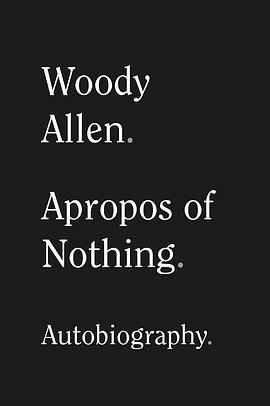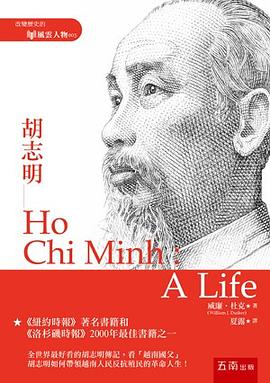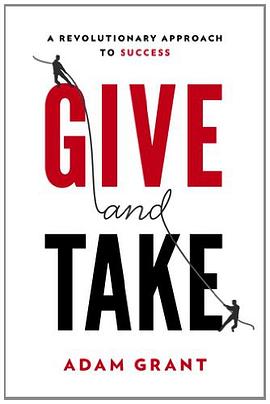

具体描述
An innovative, groundbreaking book that will captivate readers of Malcolm Gladwell, Daniel Pink, The Power of Habit, and Quiet
For generations, we have focused on the individual drivers of success: passion, hard work, talent, and luck. But today, success is increasingly dependent on how we interact with others. It turns out that at work, most people operate as either takers, matchers, or givers. Whereas takers strive to get as much as possible from others and matchers aim to trade evenly, givers are the rare breed of people who contribute to others without expecting anything in return.
Using his own pioneering research as Wharton's youngest tenured professor, Grant (author of Originals: How Non-Conformists Move the World) shows that these styles have a surprising impact on success. Although some givers get exploited and burn out, the rest achieve extraordinary results across a wide range of industries. Combining cutting-edge evidence with captivating stories, this landmark book shows how one of America's best networkers developed his connections, why the creative genius behind one of the most popular shows in television history toiled for years in anonymity, how a basketball executive responsible for multiple draft busts transformed his franchise into a winner, and how we could have anticipated Enron's demise four years before the company collapsed-without ever looking at a single number.
Praised by bestselling authors such as Dan Pink, Tony Hsieh, Dan Ariely, Susan Cain, Dan Gilbert, Gretchen Rubin, Bob Sutton, David Allen, Robert Cialdini, and Seth Godin-as well as senior leaders from Google, McKinsey, Merck, Estee Lauder, Nike, and NASA-Give and Take highlights what effective networking, collaboration, influence, negotiation, and leadership skills have in common. This landmark book opens up an approach to success that has the power to transform not just individuals and groups, but entire organizations and communities.
作者简介
Born in 1981,Adam M. Grant is an author and a professor at the Wharton School of the University of Pennsylvania. Grant has been recognized as both the youngest tenured and most highly rated professor at the Wharton School.
目录信息
The Dangers and Rewards of Giving More Than You Get
2 The Peacock and the Panda p. 27
How Givers, Takers, and Matchers Build Networks
3 The Ripple Effect p. 61
Collaboration and the Dynamics of Giving and Taking Credit
4 Finding the Diamond in the Rough p. 94
The Fact and Fiction of Recognizing Potential
5 The Power of Powerless Communication p. 126
How to Be Modest and Influence People
6 The Art of Motivation Maintenance p. 155
Why Some Givers Burn Out but Others Are On Fire
7 Chump Change p. 186
Overcoming the Doormat Effect
8 The Scrooge Shift p. 216
Why a Soccer Team, a Fingerprint, and a Name Can Tilt Us in the Other Direction
9 Out of the Shadows p. 250
Actions for Impact p. 261
Acknowledgments p. 269
References p. 273
Index p. 295
· · · · · · (收起)
读后感
这本书讨论,三种人的基本世界观和行为策略,获取者、互利者、付出者,并站在「付出者」这一边。本书认为,「付出者」是更加成功、有效的「社会生存策略」。 付出者可以成功吗? 从社会现实观察,「付出者」常常因为要帮别人的忙,常常处于公司的底层。但《Give and Take》则举...
评分 评分 评分我是循着作者而来的。先是被他的《离经叛道》激爽了一把,然后屁颠屁颠找他的第一本《Give and take》来看。结果,有收获,也有小失望。如果《离经叛道》可以算四星半,这本处女作就是三星半了,以至于我后面几章草草掠过,直奔了书后的总结。 当然,首先要肯定亚当·格兰特,...
评分用户评价
逻辑清晰,论述平易但看得出有丰富学养。而且这本书本身的写作就非、常、好!
评分balanced rescuer真的好令人向往啊。是像@soulmate_01 说的,善良需要很多很多力量,尤其是内心力量。不是我等凡人能够妄想的,真的,普通人能自己照顾好自己,不给别人带来麻烦,不往周遭散毒,就是对世界最大的善了。
评分:无
评分Adam Grant相当有魅力,尤其是做speech的时候,尽管我不是很确信这本书的内容,不过就阅读体验而言,是本不错的书
评分givers把蛋糕做大,因此大家都受益。但是不要做一味的付出,也不要忘记像他人寻求帮助。take the initiative to be the giver,and adapt to the reprospective type of others.
相关图书
本站所有内容均为互联网搜索引擎提供的公开搜索信息,本站不存储任何数据与内容,任何内容与数据均与本站无关,如有需要请联系相关搜索引擎包括但不限于百度,google,bing,sogou 等
© 2025 book.quotespace.org All Rights Reserved. 小美书屋 版权所有

